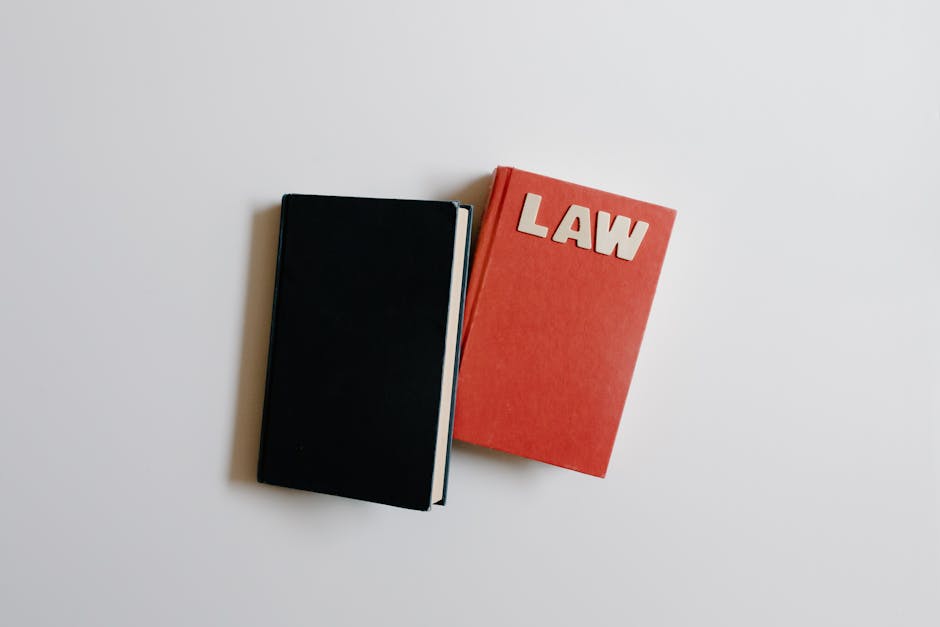The pursuit of a just and equitable legal system is a cornerstone of civilised societies. Laws are established to regulate behaviour, maintain order, and, ideally, promote the well-being of all citizens. However, a fundamental question arises: are laws intrinsically fair and just, or are they susceptible to biases, inequalities, and shortcomings? This exploration delves into the complexities surrounding legal fairness and justice, considering historical contexts, differing interpretations, and contemporary challenges.
A primary aspect of examining legal fairness lies in understanding the very nature of justice itself. Philosophical perspectives on justice range from the utilitarian approach, which prioritises the greatest good for the greatest number, to deontological theories emphasizing inherent rights and duties. These diverse philosophical underpinnings often manifest in conflicting legal interpretations. For instance, a law designed to protect the environment, from a utilitarian viewpoint, might seem perfectly just, leading to long-term societal benefits. Conversely, a deontological perspective might argue that the same law infringes upon the rights of certain businesses or individuals, thus compromising inherent freedoms.
Furthermore, the historical evolution of legal systems offers important insights into this debate. Throughout history, legal codes have reflected prevailing societal values and power dynamics. Historically unjust laws, like those perpetuating slavery or denying voting rights, highlight a significant gap between the aspirational ideal of justice and the reality of implemented law. Modern legal systems, while striving for greater inclusivity, often grapple with the legacy of past injustices, making a fully fair and just application challenging. Furthermore, evolving societal values and social norms frequently create a chasm between the legal framework and societal expectations.
A crucial component of the fairness equation is the application of laws. Even when laws are seemingly just in their conception, their implementation can be riddled with bias. Disparities in policing, sentencing, and access to legal representation frequently disproportionately affect marginalized communities. Socioeconomic factors, race, gender, and ethnicity can profoundly influence how laws are interpreted and applied, creating a system where legal fairness remains elusive for many. For instance, harsher sentencing for drug-related offenses often disproportionately impact communities of color, despite the crimes being essentially identical to those of other demographics.
Moreover, the legal system itself often faces internal complexities that hinder its pursuit of justice. Bureaucratic processes, procedural complexities, and resource constraints can create obstacles to fairness, particularly for those with fewer resources. The costs associated with legal representation, for instance, can effectively prevent individuals from accessing justice, regardless of the inherent fairness of the legal framework.
Contemporary legal issues exacerbate the challenges to equitable application. Globalization, technological advancements, and evolving societal structures demand a constantly adapting legal framework. The rapid pace of change can sometimes outstrip the capacity of the legal system to address emerging issues, creating uncertainty and potential for injustice. Consider the complexities of digital privacy and data protection in the age of social media. Existing legal frameworks, even in progressive jurisdictions, may struggle to address the complexities and potentially conflicting interests involved, showcasing a limitation in applying fairness to contemporary challenges.
Considering the nuanced and multifaceted nature of justice, a simplistic answer of whether laws are inherently fair and just is unsatisfactory. A more accurate portrayal involves acknowledging that while laws aim for fairness, their implementation often falls short. The pursuit of justice is an ongoing process, demanding constant critical evaluation of the legal framework, its application, and its impact on various segments of society.
Ultimately, the quest for a more just legal system necessitates a continuous dialogue between legal professionals, policymakers, and the public. Open discussions about the systemic biases and disparities that permeate legal processes are crucial. Efforts to improve access to legal aid, address racial and gender biases in policing and sentencing, and streamline bureaucratic procedures are essential steps towards a more equitable legal landscape. Regular and comprehensive reviews of existing laws, considering evolving societal needs and potential shortcomings, are pivotal in maintaining a just and responsive legal system. This continuous effort, acknowledging the inherent imperfections, is vital for striving towards a system that, as much as possible, upholds principles of fairness and justice for all.
